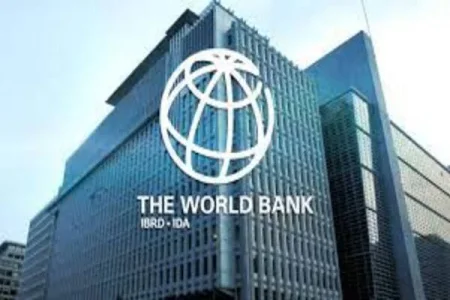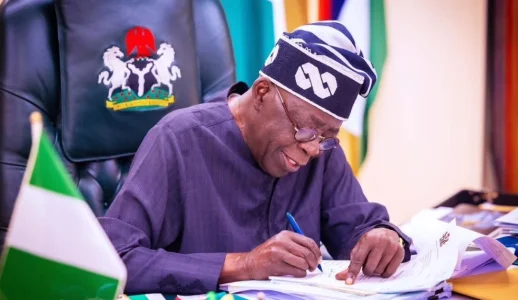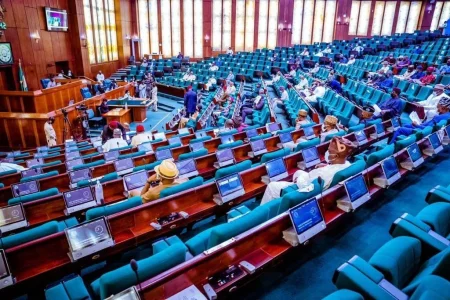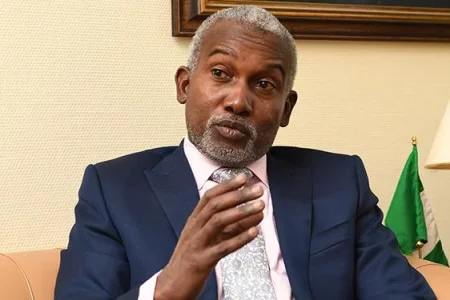
In a significant development, the World Bank has urged the Federal Government to put an end to fuel subsidies and consider raising the petrol price to N750 per litre, citing the current rates as non-cost-reflective. The recommendation comes as a part of the Nigeria Development Update (NDU), December 2023 Edition, presented by the World Bank's lead economist for Nigeria, Alex Sienaert.
The report emphasizes that Nigerians should be paying approximately N750 per litre, compared to the existing prices, which already exceed N650 in some regions. However, this proposition has raised concerns, particularly as fuel costs are already soaring, leading to financial hardships for citizens.
The World Bank's call for transparency within the Nigerian National Petroleum Corporation (NNPC) is a notable aspect of the report. It underscores the importance of accurate reporting on oil revenues and earnings to ensure accountability and effective economic management. The bank suggests that regular updates on petrol pump pricing should be publicly available, contributing to increased transparency within the oil sector.
The removal of the petrol subsidy, which took effect on June 1, 2023, is expected to save the government around N2 trillion in 2023, constituting approximately 0.9% of the country's total economic output. The World Bank anticipates substantial savings exceeding N11 trillion by 2025 due to this subsidy removal.
However, the Office of the Accountant General of the Federation (OAGF) reported that the gains in net oil revenues have been lower than expected following the removal of the subsidy. The subsidy, which used to cost about N380 billion monthly, was assumed to significantly boost the country's oil revenues. The report indicates that most of the reported revenue gains in the second half of 2023 were due to exchange rate improvements, and there is a risk of an implicit fuel subsidy re-emerging.
To further bolster non-oil revenue, the World Bank recommends increasing the Value Added Tax (VAT) rate, with considerations for input tax credits and the removal of petrol exemptions. The report suggests that such measures could enhance fiscal space and contribute to non-oil revenue growth.
While the World Bank's recommendations aim at steering Nigeria towards economic stability, there has been criticism from various quarters. Professor Uche Uwaleke, a finance expert, describes the advice as insensitive, especially following the recent and challenging removal of fuel subsidies. The report also assesses the potential benefits of President Tinubu's reforms, provided they are sustained in the long run, including a reduction in inflation, an increase in GDP growth, and improvements in fiscal deficit and public debt service ratios.
As the Federal Government contemplates these recommendations, public sentiment remains a crucial factor, with citizens already facing economic pressures and uncertainties. The debate over the proposed fuel price hike is likely to intensify, reflecting the ongoing complexities in Nigeria's economic landscape




